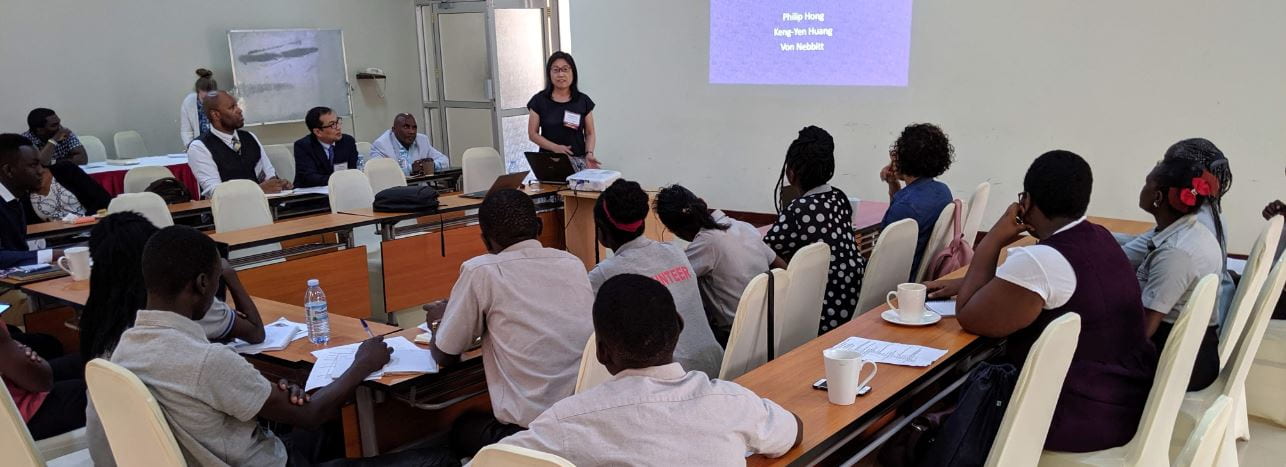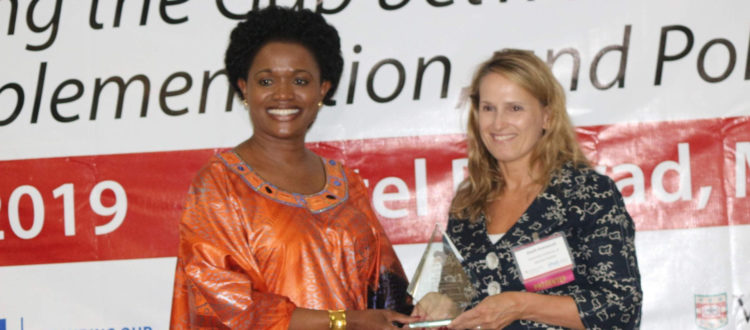4th Annual Conference on Child Behavioral Health in Sub-Saharan Africa – July 29-31, 2019
In late July, SMART Africa and ICHAD hosted their 4th Annual Conference on Child Behavioral Health in Sub-Saharan Africa (SSA). The 3-day conference that took place in Masaka, Uganda, brought more than 450 researchers and practitioners, policymakers, community leaders and stakeholders (including children and their caregivers) from the U.S. and across SSA to address this year’s theme of “Bridging the Gap between Research, Implementation, and Policy” around issues of child and adolescent behavioral and mental health in SSA. Highlights included an opening address by Dr. Shelli Avenevoli, the Deputy Director of the National Institute of Mental Health (NIMH). She highlighted the importance of global collaborations and the role of implementation science to address challenges around child behavioral and mental health. Other NIMH Officials in attendance were: Holly Campbell-Rosen, Program Officer, Division of AIDS Research and the Center for Global Mental Health Research; Collene Lawhorn, Health Science Policy Analyst in the Office of Science Policy, Planning and Communications; and Beverly Pringle, Director of the Center for Global Mental Health Research.

The morning sessions included testimonies from community health workers (CHWs), parents and children that have participated in the multiple family group sessions. These representatives shared their experiences and the life-changing impacts that the intervention has had on their lives and their families. Her Royal Highness, Nnabagereka Sylvia Nagginda, the Queen of Buganda and founder of the Nnabagereka Development Foundation, gave an inspirational keynote address. The speech focused on the theme of “Obuntu bulamu” (the essential of human virtues, compassion, and humanity) and what we can do to come together to advocate for vulnerable children, youth, and women. Her Royal Highness also awarded Dean Mary McKay (SMART Africa Co-Director) and Dr. Beverly Pringle (NIMH) the “2019 Champion for ICHAD and SMART Africa Center Award” along with several other recipients. Recipients were selected based on their roles and long-time partnership with ICHAD/SMART Africa to advocate for, disseminate, and support efforts to improve the well-being of African children. A complete list of recipients can be found here. In addition to the awards given out by Nnabagereka Sylvia Nagginda, there were two additional awards from the Mayor of Masaka Town, His Lordship Kayemba Afayo. The awards went to Dean Mary McKay and Professor Fred Ssewamala in recognition for their long-term, groundbreaking research on asset development, economic strengthening and children’s mental health, spanning over a 15 year period, in the Greater Masaka Region.

The afternoon included sessions highlighting training and mentoring opportunities both in the U.S. and SSA. Also recognized during the first day of the conference were the 20 high school and university-level students who were awarded the ICHAD/SMART Africa “2019 Junior Scholar Conference Travel Awards.” Awardees were selected from over 80 applicants who submitted essays around their research and career aspirations in the field of child and adolescent behavioral and mental health in SSA. The first day came to an end with a poster session and entertainment by the Ugandan-based renowned comedian, Anne Kansiime.

Day two of the conference focused on building the capacity of early career researchers. Workshops led by faculty and researchers from the U.S and SSA focused on a range of topics including: NIH grant application and submission processes, research ethics, advanced research methods, implementation science, working with policymakers, cost-effectiveness, using social media in research, psychotherapy and psychological self-sufficiency. More than 70 researchers attended these workshops.

On day three, conference participants visited project field sites, including schools, health clinics, and a fishing village. At the schools, participants observed MFG sessions in action; clinic attendees saw HIV care and treatment facilities, and those that went to Kasensero fishing village observed the delivery of the HIV Risk Reduction sessions for women engaged in sex work as part of ICHAD’s Kyaterekera Project. According to the participants’ feedback, these visits were powerful and impactful for all.
More information and details are available in the conference report. Also, see a short video showcasing the conference highlights.

